Training Tomorrow’s Restoration Professionals: Mentorship Programs
October 8, 2024 •Ember Davis

The demand for skilled professionals is continuously growing and the Restoration Industry is no exception. As experienced contractors retire, the need for training the next generation of restoration experts becomes increasingly urgent. Mentorship programs offer an effective solution for bridging the skills gap, ensuring that industry knowledge is passed down, and preparing new professionals to meet the challenges of the field. This blog will explore the importance of mentorship in restoration, the components of a successful program, and how leveraging Restoration Software and Job Management Software can enhance these initiatives.
The Importance of Mentorship in Restoration
Mentorship plays a vital role in developing competent restoration professionals. It provides a structured environment where knowledge, skills, and best practices are shared, fostering a culture of continuous learning and growth.
- Knowledge Transfer: Experienced professionals have invaluable insights into industry-specific techniques, problem-solving strategies, and client management. Mentorship ensures this knowledge is passed on.
- Skill Development: Mentees gain hands-on experience under the guidance of seasoned experts, allowing them to develop practical skills and confidence in their abilities.
- Retention of Talent: Offering mentorship opportunities can attract and retain talented individuals, showing them that your company invests in their professional growth.
- Industry Adaptation: As the restoration industry evolves, mentorship helps new professionals stay updated with the latest technologies, including Restoration Software and Job Management Software, ensuring they are well-prepared for modern challenges.
Components of a Successful Mentorship Program
A well-structured mentorship program is essential for its success. Below are the key components to consider when developing such a program in your restoration business.
-
Clear Objectives: Define the goals of your mentorship program. Whether it’s skill development, knowledge transfer, or leadership training, having clear objectives will guide the program’s structure and outcomes.
- Identify specific skills or knowledge areas that need focus.
- Align the program’s goals with your company’s overall business strategy.
- Use Job Management Software to track progress and outcomes.
-
Mentor Selection: Choose mentors who not only have extensive industry experience but also the willingness and ability to teach others.
- Look for professionals with strong communication skills.
- Select mentors who are respected within the organization and have a track record of success.
- Use Restoration Software to match mentors with mentees based on skill sets and career goals.
-
Mentee Selection: Identify individuals within your organization who would benefit from mentorship.
- Consider both new hires and existing employees looking to advance their careers.
- Encourage mentees to set personal goals for the program.
- Ensure a good mentor-mentee fit to maximize the program’s effectiveness.
-
Structured Curriculum: Develop a structured curriculum that outlines the skills and knowledge areas to be covered.
- Include technical skills, industry-specific knowledge, and soft skills like client communication and project management.
- Integrate Restoration Software and Job Management Software training into the curriculum.
- Provide a timeline and milestones to track progress.
-
Regular Feedback and Evaluation: Continuous feedback is crucial for both mentors and mentees to ensure the program is meeting its objectives.
- Schedule regular check-ins to discuss progress and challenges.
- Use feedback forms or surveys to gather insights from both parties.
- Adjust the program as needed based on the feedback received.
Implementing Mentorship Programs Using Technology
Technology can significantly enhance the effectiveness of mentorship programs in the restoration industry. Here’s how to integrate technology into your mentorship initiatives.
-
Digital Communication Platforms: Use platforms like Slack or Microsoft Teams to facilitate communication between mentors and mentees.
- Create dedicated channels for mentorship discussions.
- Schedule virtual meetings and share resources easily.
- Ensure consistent communication to build strong mentor-mentee relationships.
-
Learning Management Systems (LMS): An LMS can provide a centralized platform for training materials, progress tracking, and assessments.
- Upload training modules and resources that mentees can access anytime.
- Track completion rates and performance on assessments.
- Integrate with Job Management Software to correlate training outcomes with job performance.
-
Restoration Software Integration: Incorporating Restoration Software into mentorship programs can provide mentees with hands-on experience using industry-standard tools.
- Train mentees on how to use software for project management, resource allocation, and client communication.
- Use real-world scenarios and past project data to simulate tasks in the software.
- Provide ongoing support and troubleshooting to ensure mentees are comfortable using the technology.
-
Virtual Mentorship Options: In today’s digital age, virtual mentorship is a viable option, especially when mentors and mentees are in different locations.
- Utilize video conferencing tools for face-to-face interaction.
- Share screens to provide step-by-step guidance on using Restoration Software and Job Management Software.
- Record sessions for mentees to revisit later.
Best Practices for Mentorship Programs in Restoration
To ensure the success of your mentorship program, consider the following best practices.
-
Set Clear Expectations: From the outset, establish what is expected from both mentors and mentees.
- Define roles and responsibilities clearly.
- Outline the time commitment required from both parties.
- Ensure that both mentors and mentees are committed to the program’s success.
-
Provide Ongoing Support: Support your mentors and mentees throughout the program to address any challenges that arise.
- Offer training sessions for mentors to enhance their teaching and leadership skills.
- Provide access to resources and tools that can aid in the mentorship process.
- Use Job Management Software to monitor progress and provide additional support where needed.
-
Celebrate Milestones and Successes: Recognize and celebrate the achievements of both mentors and mentees.
- Highlight success stories within the organization.
- Offer incentives or rewards for mentors and mentees who achieve their goals.
- Share these success stories in company newsletters or meetings to inspire others.
-
Continuous Improvement: Regularly review and refine your mentorship program to ensure it remains effective and relevant.
- Gather feedback from participants at the end of each mentorship cycle.
- Analyze data from Restoration Software and Job Management Software to measure the impact of the program on job performance.
- Make adjustments based on feedback and changing industry needs.
The Role of Restoration Software in Mentorship Programs
Restoration Software and Job Management Software play a critical role in the success of mentorship programs by providing the tools and platforms needed to manage and track the program’s progress.
-
Tracking and Reporting: Use Restoration Software to track the progress of mentees and generate reports on their performance.
- Monitor completion of training modules and practical tasks.
- Provide mentors with data-driven insights to tailor their guidance.
- Use reports to measure the overall effectiveness of the mentorship program.
-
Resource Management: Efficiently manage the resources needed for the mentorship program through Job Management Software.
- Allocate time and resources for mentorship activities.
- Ensure that mentors and mentees have access to the necessary tools and materials.
- Optimize scheduling to avoid conflicts and maximize productivity.
-
Enhancing Collaboration: Facilitate collaboration between mentors and mentees using Restoration Software and Job Management Software.
- Share project data and case studies to provide real-world learning experiences.
- Use collaborative tools to work on projects together, providing mentees with hands-on experience.
- Foster a culture of continuous learning and collaboration within your organization.
Conclusion: Investing in the Future of Restoration
Mentorship programs are an invaluable investment in the future of the restoration industry. By pairing experienced professionals with those new to the field, you can ensure that critical skills and knowledge are passed down, while also fostering a culture of growth and innovation.
To maximize the effectiveness of your mentorship program, leverage Restoration Software and Job Management Software to provide structured training, track progress, and facilitate collaboration. By doing so, you’ll not only build stronger teams but also position your business for long-term success in a competitive industry.

